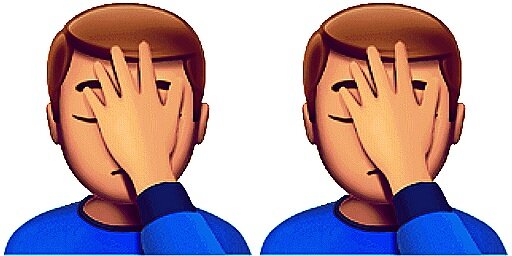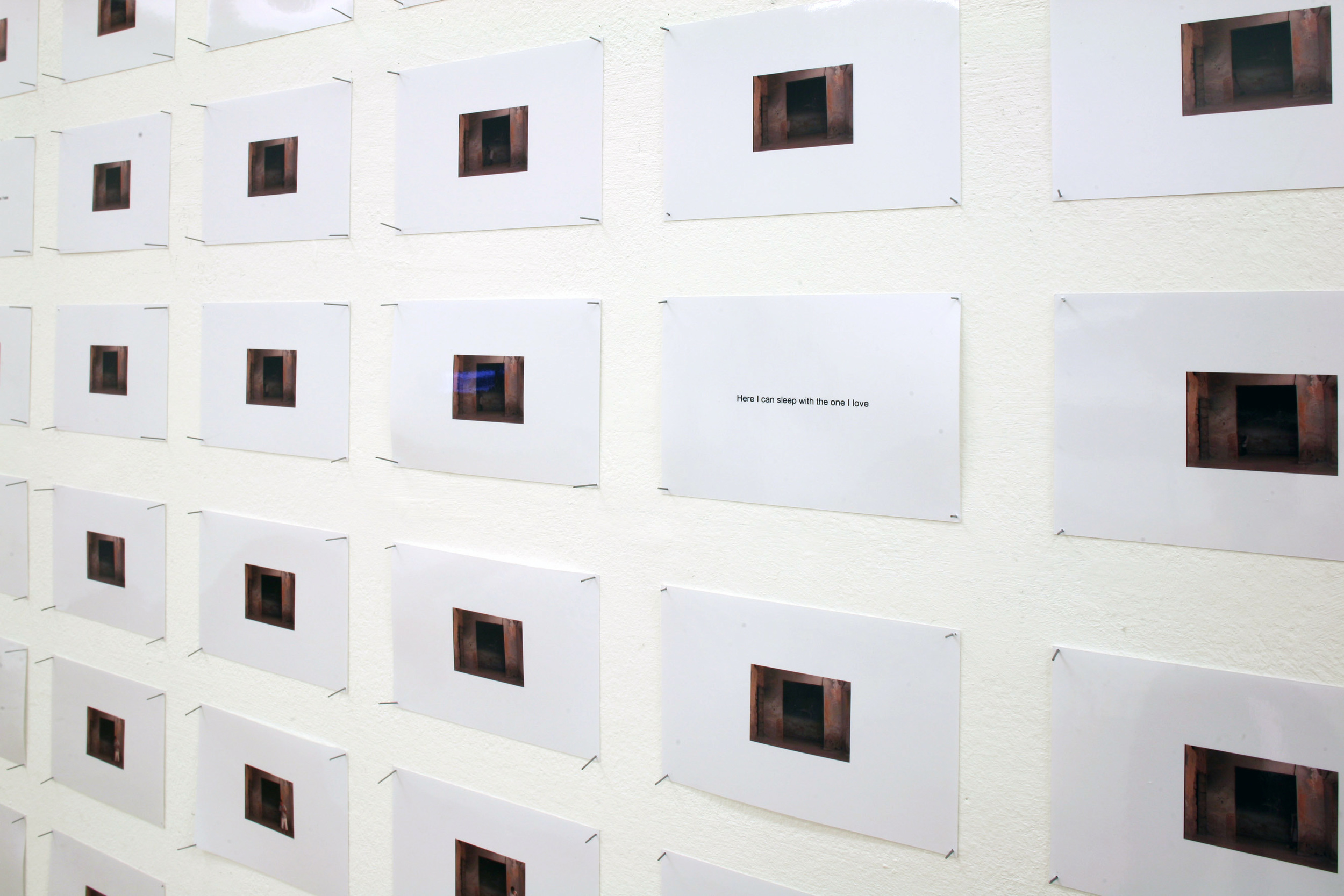15 Minutes of Acting as if I'm in my House - 2006
190 Stills (3 X 4 Cm each) captured from a 15 min. Video and 31 typed out statements, C print on paper





































































































































15 minutes of acting as if I’m in my house is an extension of a project the artist conceived during a workshop in the town of Aley, Lebanon in the summer of 2005. Khaled picked a former family house that had been partially destroyed during the civil war as the site for his process oriented installation. The run down house, vacant of its original inhabitants, had become an ever changing public space - at times a hideout for lovers seeking privacy and at others a kennel for someone’s dog. Khaled’s project was to retransform the house back into a private space, for days on end he undertook the mission of cleaning the house and adapting it to the needs of domestic life, eventually he moved into the house and made it his temporary home. 15 minutes of acting as if I’m in my house-picks up on the same idea and is presented in the form of 190 colored stills captured from a 15 minute video of the artist cleaning the house’s front porch with a broom. Instead of screening the actual video Khaled has chosen to present his cleaning experience and its afterthoughts as an arrangement of Muybridge type serial images intertwined with text. The sweeping and dusting process implied in the stills signifies the artists attempt to erase the place’s “public past”, what would usually be an act of socialization becomes an act of desocialization. On the other hand, the straight forward sentences that inform us of realizations such as “here I can eat the way I like to” work to establish the space’s identity as a private place. However, unlike the previous statement above, most of the statements the artist puts forth suggest liberties that are on the verge of being or that already are taboo. One might choose to read the vernacular social subtexts underlying Khaled’s choice of words but what the statements might be communicating is far more humanistic and reflective. By coupling the time based stills with the unrestricted sentences Mahmoud Khaled might be implying that the place’s transition from private to public space and back again from public to private space could have been appropriated for almost the same reason, the human need for a space in which we are able to express our basic needs, emotions and desires. The work leads the viewer to re-examine preconceived notions about private and public spaces and what the differences between them are, beyond physical appearances. It also raises questions as to what extent our perceptions of public and private spaces are shaped by our needs and inner drives.






